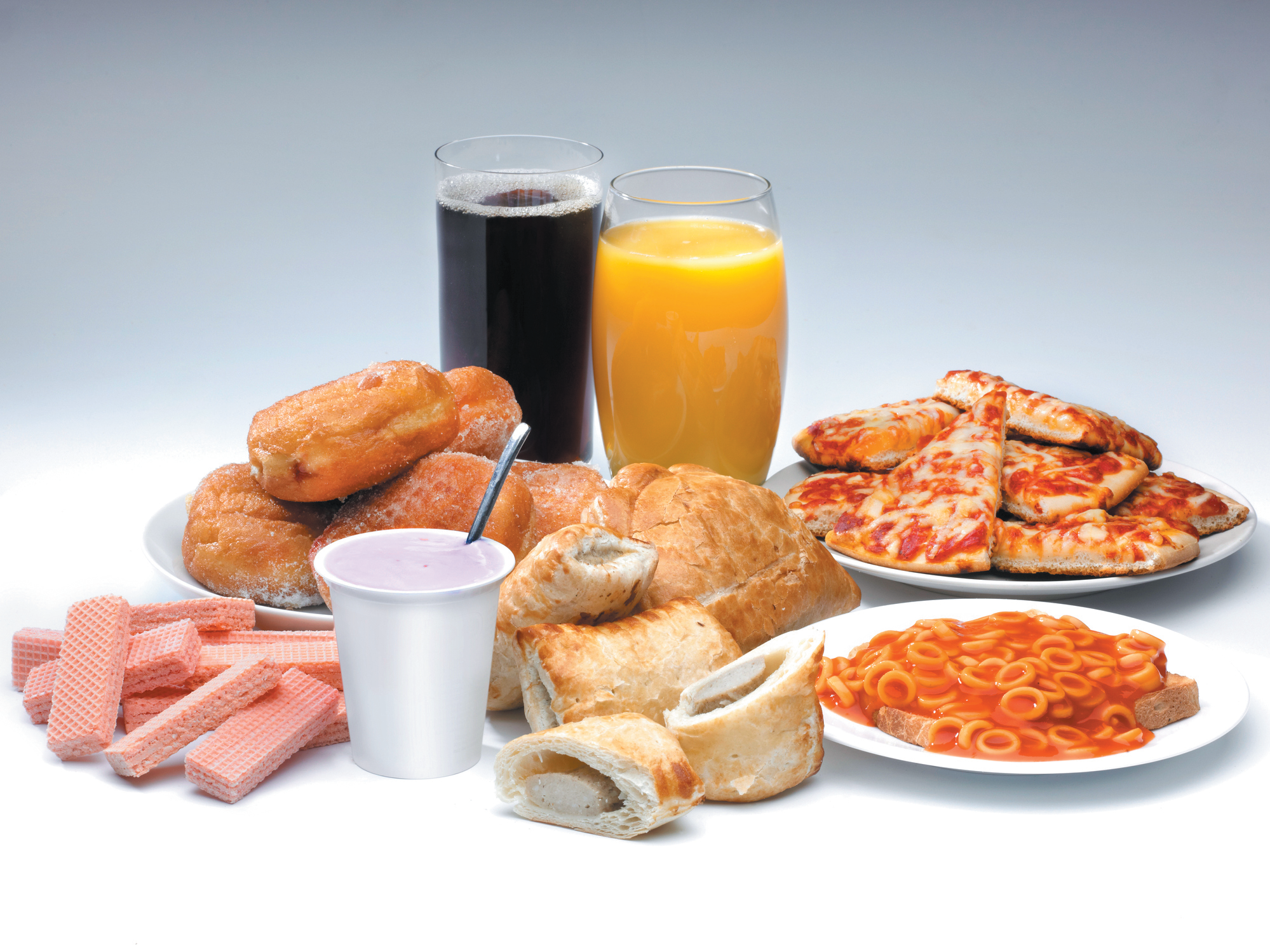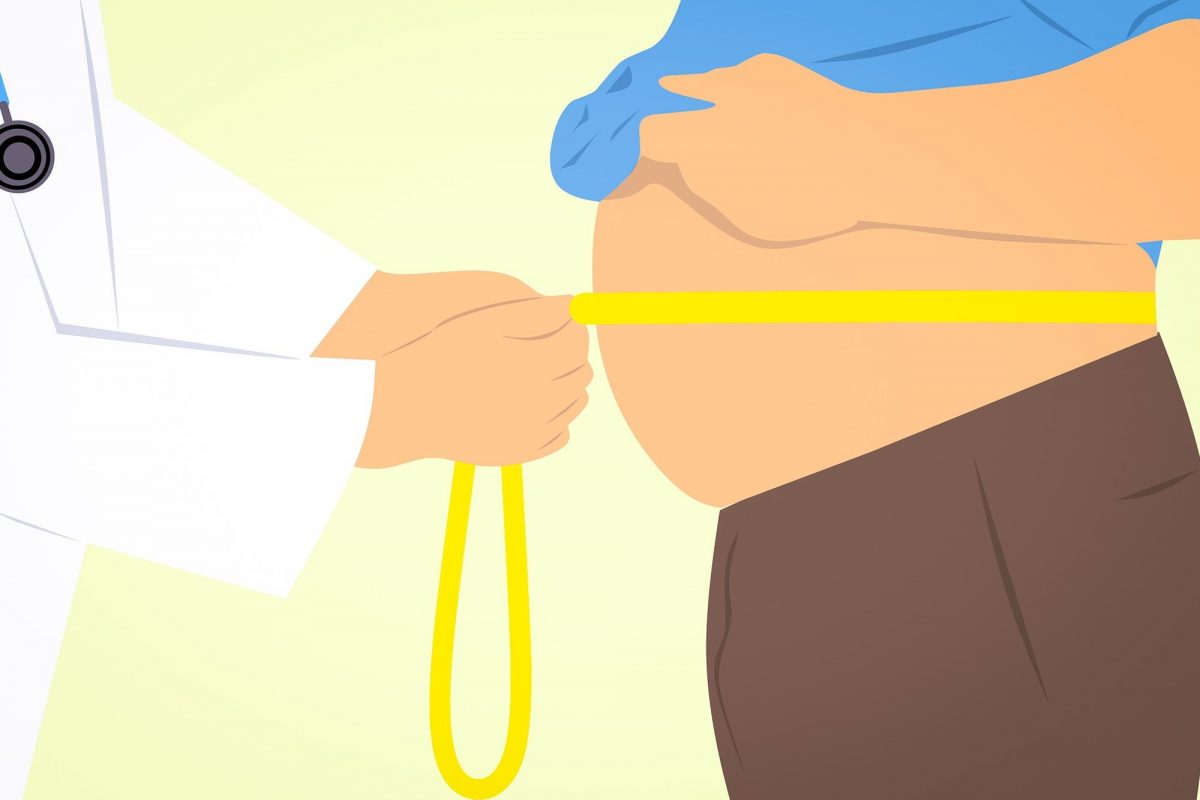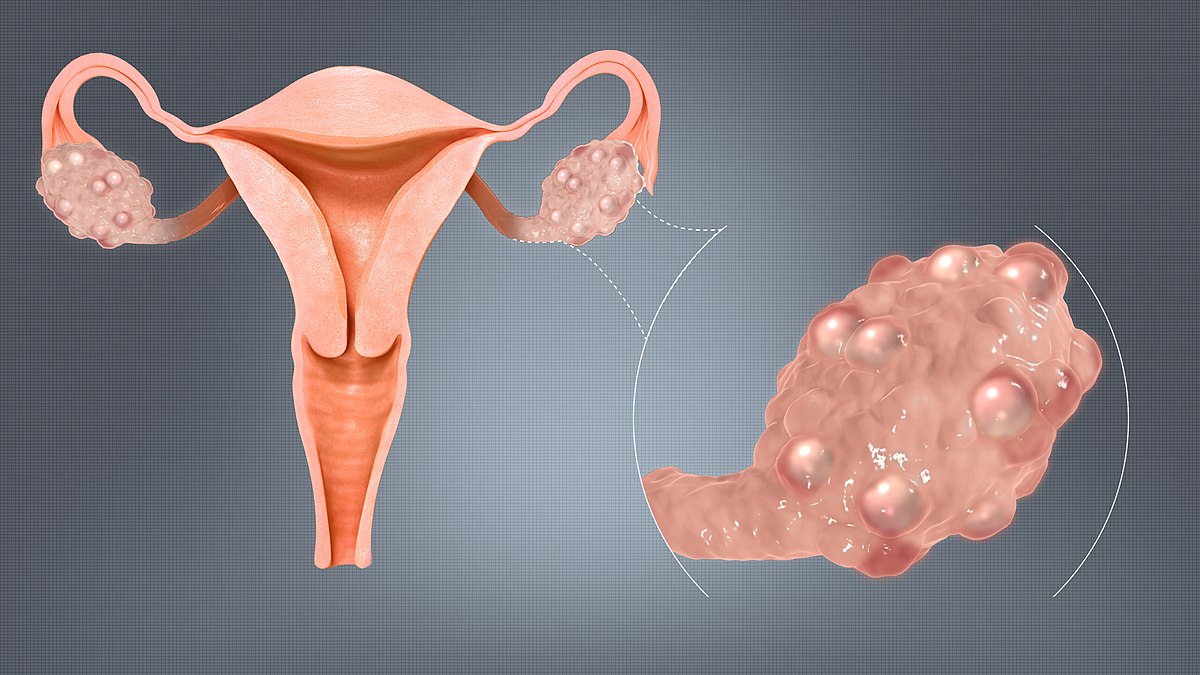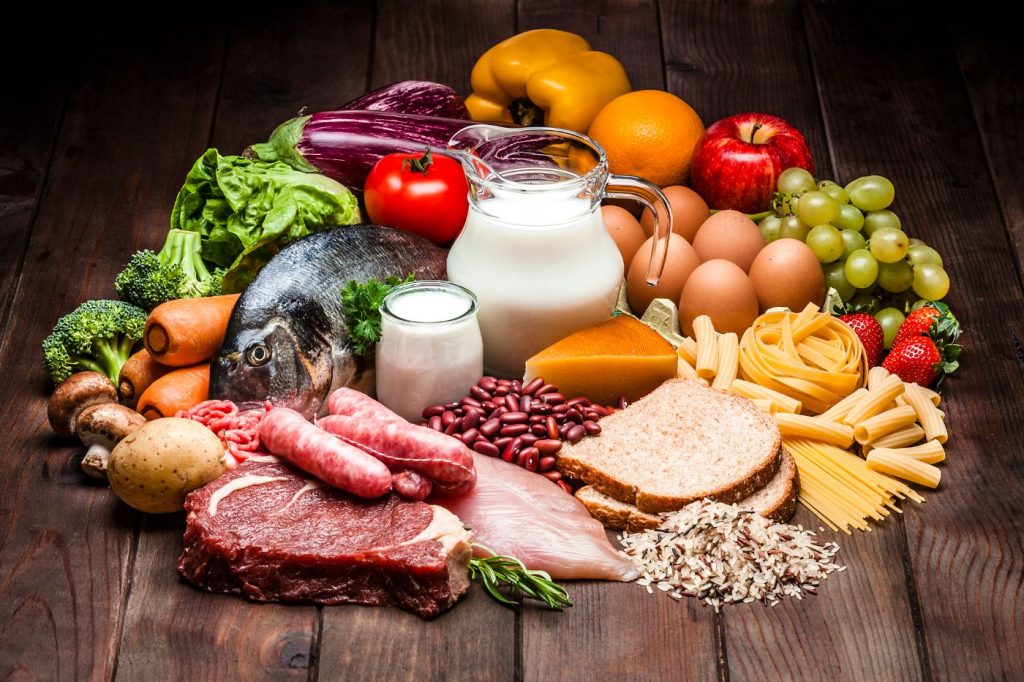
The hormone insulin is like rain, and our pancreas is like clouds. When the clouds release too little rain, there are chances of drought and famine. Too much of it, and there are chances of flooding. Whenever the rains are out of balance, the earth and its inhabitants suffer. Similarly, our bodies suffer in the case of either low or high insulin. When the pancreas produces and releases too little insulin (which happens in type 1 diabetes due to autoimmune destruction of beta cells of the pancreas), it leads to high sugar levels in the bloodstream. However, when the pancreas produces too much insulin, it causes a condition called hyperinsulinemia. On its own, hyperinsulinemia isn’t diabetes, but if left untreated for too long, it can lead to type 2 diabetes and multiple other health issues.
Main Cause: Insulin Resistance
Insulin resistance is the main cause of hyperinsulinemia, and hyperinsulinemia in turn can cause insulin resistance. It’s a negative feedback loop between hyperinsulinemia and insulin resistance, each feeding off the other, finally creating a deranged metabolism that leads to metabolic disorders. Insulin resistance takes place when the cells in our muscles, adipose tissue, and liver don’t fully respond to insulin. The pancreas then produces more and more insulin so that these cells may accept it, but they don’t, and with time there is excess glucose in the bloodstream. This excess production of insulin to overcompensate for insulin resistance is called “compensatory hyperinsulinemia.”
Think of when someone asks you to have more food when you don’t want to, but the more you decline and resist, the harder they insist and bring more dishes to the table. The more the liver, fat, and muscle resist insulin, the more the pancreas offers insulin. This excess production of insulin (like excess food on the table) is what hyperinsulinemia is all about.
Chronic insulin resistance and hyperinsulinemia can lead to chronic high blood sugar (hyperglycemia), which leads to prediabetes and type 2 diabetes. In prediabetes, the blood sugar is high but not so high that it can be classified as type 2 diabetes.

Other Causes
- Primary hyperinsulinemia, also known as insulinoma, is a rare type of hyperinsulinemia. In this condition, the pancreas has a tumor, which can cause excessive insulin secretion. This can lead to persistently low blood sugar or hypoglycemia.
- In extremely rare cases, it can happen due to nesidioblastosis. In this case, there is an excess production of cells that make insulin, which ultimately leads to low blood sugar or hypoglycemia.
- Certain types of medications, like corticosteroids and beta-blockers, can also increase the risk of hyperinsulinemia. Corticosteroids are medicines that are used to suppress the immune system and treat inflammation, and beta blockers are medicines that work by decreasing the activity of the heart. This type of medicine blocks the action of certain hormones, like adrenaline.
- Foods that raise blood sugar levels, like refined carbohydrates and ultra-processed foods.
- Genetic predisposition
- Obesity

Symptoms
Hyperinsulinemia is often referred to as the “silent disease” because it typically does not exhibit any noticeable symptoms. However, one should keep an eye on the following symptoms and get themselves checked to see if they might lead to hyperinsulinemia.
- Sudden weight gain
- Difficulty in losing weight
- Difficulty in focusing or concentrating
- Feeling more hungry than one usually does
- Cravings for sugary foods
- Fatigue
- Anxiety

When infants and young children have hyperinsulinemia, they may show these symptoms:
- Lethargy
- Extremely irritable behaviour
- Having difficulty in feeding
Some Markers (Diagnostic Indications)
People should also get themselves checked if they see certain changes in their bodies. The factors below might lead to hyperinsulinemia with time:
- Fasting insulin > 6 (particularly above 10) is the best predictor of the development of type 2 diabetes and other metabolic disorders. High insulin levels and insulin resistance are two sides of the same coin.
- High levels of triglycerides (the main form of fat in our body) are integral to our health.
- A triglyceride/HDL ratio > 1.5 is an excellent surrogate marker for insulin resistance.
- High levels of uric acid Atherosclerosis (the build-up of fats, cholesterol, and other substances on the artery walls)
- An increase in body weight, particularly abdominal obesity
- High blood pressure
- Having a family history of insulin resistance
- PCOS (Polycystic Ovary Syndrome)

How is Diagnosis done?
Hyperinsulinemia is diagnosed through a number of tests, including
- Fasting insulin levels
- Triglyceride / HDL (high-density lipoprotein) ratio
What Treatments are Available?
Since hyperinsulinemia can be caused by multiple factors, the exact treatment will depend on the main underlying cause. However, most people with hyperinsulinemia can benefit from lifestyle changes that include a healthy diet, primarily a low-insulin diet, and exercising regularly. In some cases, medicines might be required so that there is increased insulin sensitivity and less insulin secretion.
Diets
A healthy diet may help in controlling body weight and preventing obesity, which is a major factor for hyperinsulinemia.
- Foods like eggs, lean meats, seafood, broccoli, eggplant, cauliflower, zucchini, tomatoes, strawberries, avocado, tofu, and whole grains.
- Nutrient-rich foods like leafy greens (saag), fruits, grains, cereals, mushrooms, garlic, beans, and legumes.
- Mediterranean Diet: It is the diet of the people living in Greece, Italy, or other countries in the vicinity of the Mediterranean Sea, thus the name. It consists of mainly plant-based foods like olive oil, fruits, vegetables, nuts, seeds, and whole grains. This diet does not use any kind of processed meat or grain, alcohol, or refined oils.
- Apart from eating well, fasting regularly is an excellent step. It helps the liver defeat systemic lipotoxicity, which causes insulin resistance in the first place.

Exercises
Any form of regular physical activity helps keep insulin resistance at bay. However, exercising consistently is more helpful. It helps in preventing and reducing obesity, which is a major symptom of hyperinsulinemia in many people.
Some of the exercise types that provide maximum benefits in case of hyperinsulinemia are:
- Resistance Training: This form of exercise focuses mainly on strengthening the muscles using weights, bands, or your own body as a form of resistance. It also helps protect your joints from injuries while helping you maintain flexibility and balance.
- Aerobic Exercises: Any exercise that makes your cardiovascular system active is beneficial in cases of hyperinsulinemia. Jump rope, jumping jacks, squat jumps, walking, jogging, hiking, and swimming are great aerobic exercises.
- High-Intensity Interval Training (HIIT): It mainly involves anaerobic exercises. Anaerobic means exercises that are not intended to improve the way our bodies use oxygen. Some examples are sprinting and weightlifting. In this, the person does high-intensity exercises for short periods of time and then takes low-intensity rest for a short period of time.
In rare instances, if hyperinsulinemia is caused by a tumor, surgery might be needed.
Other Health Issues
Other health problems that hyperinsulinemia is associated with include:
- Metabolic disorders. Along with insulin resistance and diabetes, hyperinsulinemia can also lead to other metabolic disorders.
- Neurological problems like Alzheimer’s disease and Parkinson’s disease.
- Cardiovascular and cerebrovascular conditions like heart attacks and brain strokes.
- Certain types of cancer, like breast cancer, colorectal cancer, and endometrial cancer.
- Fatty Liver
- Obesity
- Gout
- PCOS
- Infertility
- Dementia
- Problems with cognitive function in children
Conclusion
The relationship between hyperinsulinemia and diabetes is a complex one. Insulin resistance is the common denominator of both conditions. While hyperinsulinemia is not the sole cause of type 2 diabetes, it is an important risk factor. A healthy lifestyle that includes mindful eating, lots of physical activities, and exercise can help prevent hyperinsulinemia.
Disclaimer: The information and other content provided in this blog, or in any linked materials, are not intended and should not be construed as medical advice, nor is the information a substitute for professional medical expertise or treatment. If you or any other person has a medical concern, you should consult with your healthcare provider.


.png)


